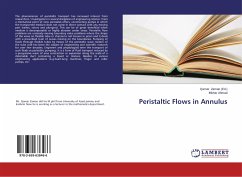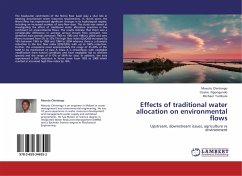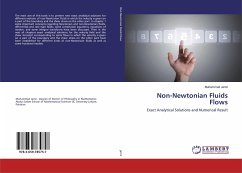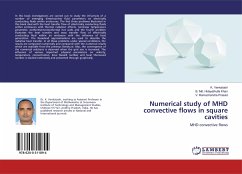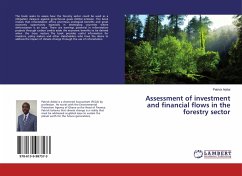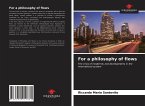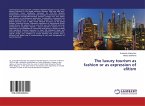The phenomenon of peristaltic transport has increased interest from researchers / investigators in several disciplines of engineering science. From a mechanical point of view peristalsis offers, constructing pumps in which the transported medium does not come in direct contact with any moving part (valves, rotors and plungers). This can be of great beneficial when medium is decomposable or highly abrasive under stress. Peristaltic flow problems are unsteady moving boundary value problems where the shape of the wave on flexible tube or channel is not known in priori and it deals with a prescribed train of waves moving on the boundaries. Pumping of fluids through flexible tubes by means of the peristaltic wave motion of the tube wall has been the subject of engineering and scientific research for over few decades. Engineers and physiologists term the transport of such fluids as peristaltic pumping. It is a form of fluid transport induced by a progressive wave of area contraction orexpansion along the walls of a distensible duct containing a liquid or mixture. Besides its various engineering applications (e.g.heart-lung machines, finger and roller pumps, etc.
Bitte wählen Sie Ihr Anliegen aus.
Rechnungen
Retourenschein anfordern
Bestellstatus
Storno

